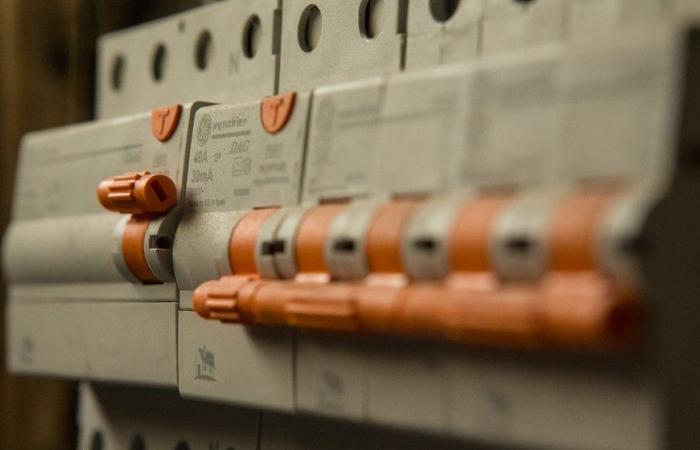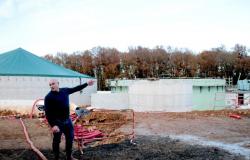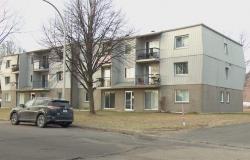The new tariffs, valid for a period of five years, “reflect a balanced approach between controlling costs for Brussels households, supporting the energy transition and encouraging efficient network management”, assures Brugel, the regulator. of the Brussels energy market.
Electricity and gas distribution rates in Brussels will increase from January 1, to around 50 euros per year. Brugel, has in fact approved Sibelga’s pricing proposals for the period 2025-2029, he indicated on Wednesday.
An average Brussels household consuming 2,104 kWh of electricity per year will see their distribution bill increase by 26.58 euros in 2025, an increase of 11.6% compared to 2024, illustrates the regulator. This bill will then increase by 5.1% in 2026 and 4.3% in 2027. “Beyond the increase in distribution tariffs controlled and validated by Brugel, it is worth highlighting the increase in 2025 transmission tariffs, validated by the federal regulator. This increase of more than 60% will impact an average Brussels customer by 17.70 euros per year”commented Brugel.
For gas, a household consuming 12,000 kWh per year will see an increase of 23 euros in distribution costs next year, or 12.70% more than this year. The increases will then remain limited to 1.8% for the following years, according to the regulator. The average customer will therefore see distribution and transport costs increase by around 67 euros between 2024 and 2025, or 5.60 euros per month, summarizes Brugel. Tariff increases will be more pronounced for medium voltage users, who will see their distribution component increase by 14.60% in 2025. The “distribution” part represents around a third of the electricity bill and a fifth of the gas bill. a residential customer in Brussels, locates Brugel.
The regulator has also validated all prices for technical or administrative services, such as the opening of a meter or connection work.
He had also requested the introduction of a specific tariff for the reinforcement of connection points of more than 9.2 kVA (for example to place a charging station or install a heat pump), and was heard. The objective of this tariff is to make network users aware of the optimal sizing of their connection according to their uses and to finance the development of the low voltage network in a more equitable manner.
The electricity tariff budget will make it possible to finance, in addition to usual investments, investments linked to the energy transition such as the deployment of smart meters, the strengthening of the network to integrate new uses and the implementation of projects linked to decarbonization, list Brugel. For gas, the budget includes measures to support the gradual exit from fossil gas. This approach aims to prepare the network for a gradual reduction in its use while minimizing the financial impacts for consumers, comments the regulator. To limit the impact of these tariff adjustments, Brugel indicates that it has mobilized tariff balances resulting from historical differences in costs and revenues. A measure that “allows sudden increases to be avoided and a gradual transition between two tariff periods to be ensured”we comment. At the same time, the regulator exerted pressure on ordinary costs and certain projects proposed by Sibelga, thus ensuring that expenses were contained and that the increase in prices was further mitigated.
Belgian






